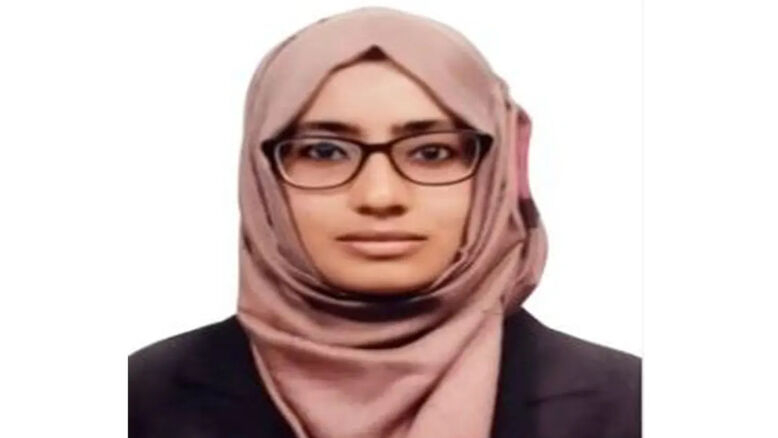Lalmonirhat District Executive Magistrate, Taposi Tabassum Urmi, has sparked widespread controversy following her recent Facebook posts criticizing the interim government’s chief advisor and challenging the official narrative surrounding the July Revolution. Despite being a government official, Urmi posted a controversial statement on social media directed at the head of the interim government, writing, “The countdown has begun for you, sir.” She also referred to the chief advisor as the “unconstitutional head of the interim government.” Following these posts, the Ministry of Public Administration has transferred Urmi and placed her on special duty (OSD).
In addition to her critique of the interim leader, Urmi also made comments on the July-August revolution, casting doubt on the official account of events. She went so far as to call into question whether the violence that occurred during that time can be labeled a genocide, stating in an interview with Jamuna Television, “What happened in July is not yet a settled truth, so I do not accept it as a genocide.”
Urmi’s Facebook posts didn’t stop there. She also commented on the death of Abu Saeed, a student from Begum Rokeya University in Rangpur, who was killed by police gunfire. In her post, she referred to Saeed as a terrorist, suggesting that he died as a result of injuries inflicted by his own group. These statements drew sharp criticism, especially from those defending Saeed.
When asked for her response to the growing controversy, Urmi spoke to Jamuna Television and defended her statements. She reiterated her stance that the July events remain unresolved and said she would not recognize the violence as a genocide until there is conclusive proof. “The truth will come out after an investigation,” she remarked.
On the topic of her earlier Facebook posts about Nobel laureate Dr. Muhammad Yunus, Urmi confirmed that she had made a post but had since restricted its visibility. “I didn’t delete it, I just made it visible only to me,” she explained, refusing to elaborate further.
In response to questions about the appropriateness of making such statements while holding a responsible government position, Urmi said, “What do you mean by responsible? When I see a threat to my country, I believe it’s my responsibility to say what needs to be said in order to protect it.”
She emphasized that she is not affiliated with any political party but speaks as a supporter of the values of the Liberation War. “I do not want anti-Liberation forces to take over the country’s leadership. I treated those who I perceive as such accordingly, and I stand by my posts,” she added.
Urmi also dismissed concerns over her job, stating that if her stance in favor of the Liberation War costs her employment, she has no regrets. “The Liberation War and the Father of the Nation, Bangabandhu, are settled truths. But the July events are still under investigation,” she concluded.
Her remarks have further fueled the debate, with many questioning her ability to separate personal beliefs from her official duties as a government representative. The controversy continues to garner attention across social media and news outlets.
4o




